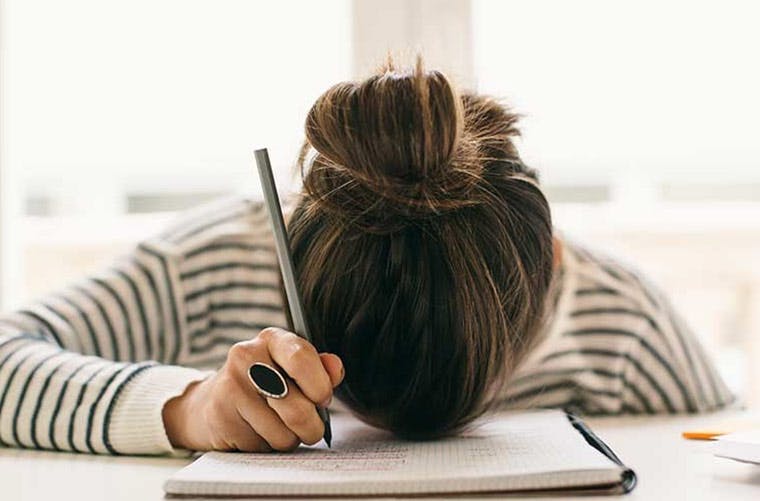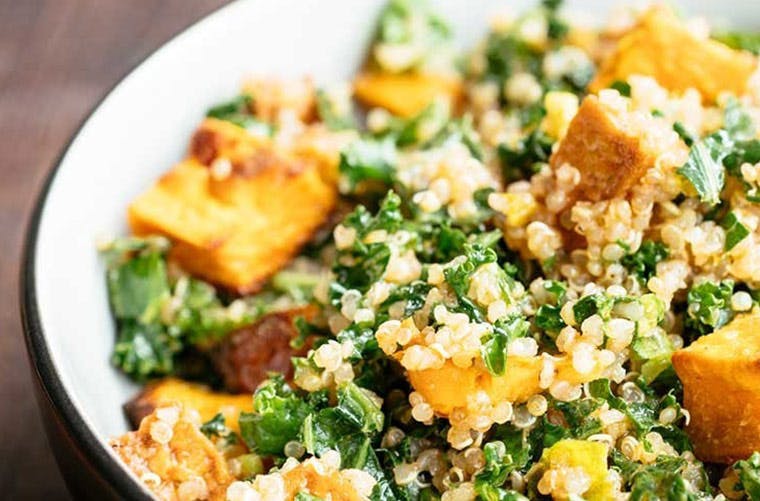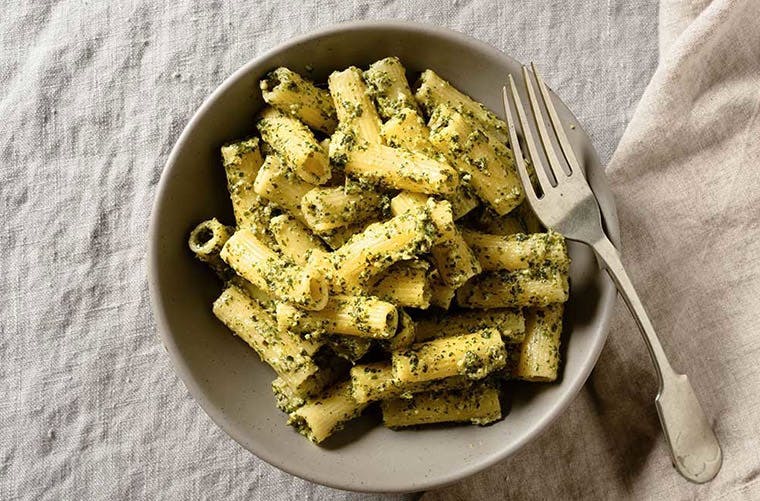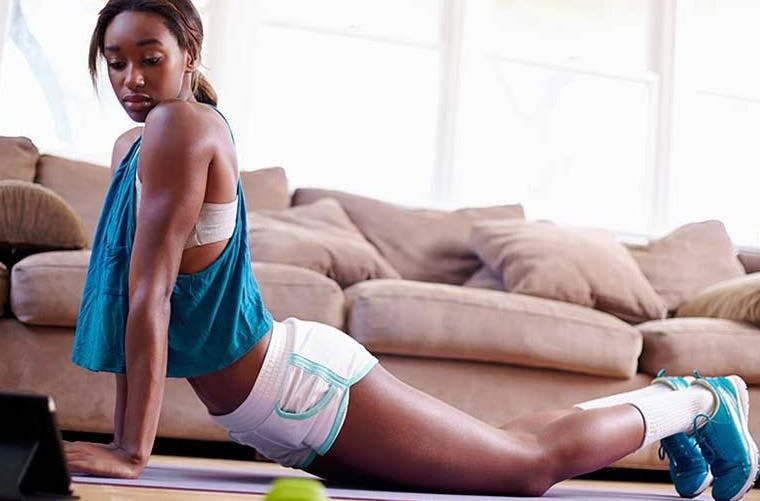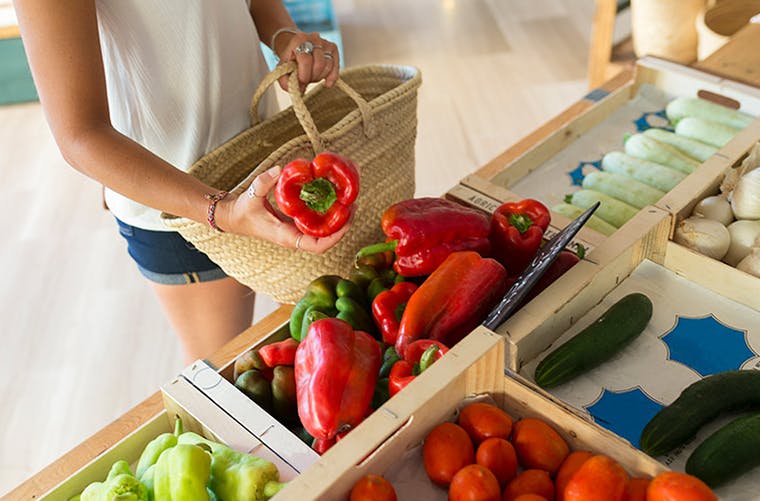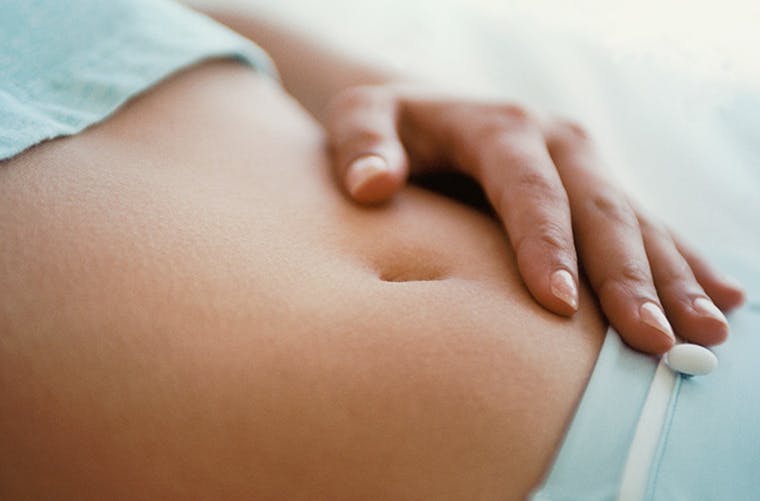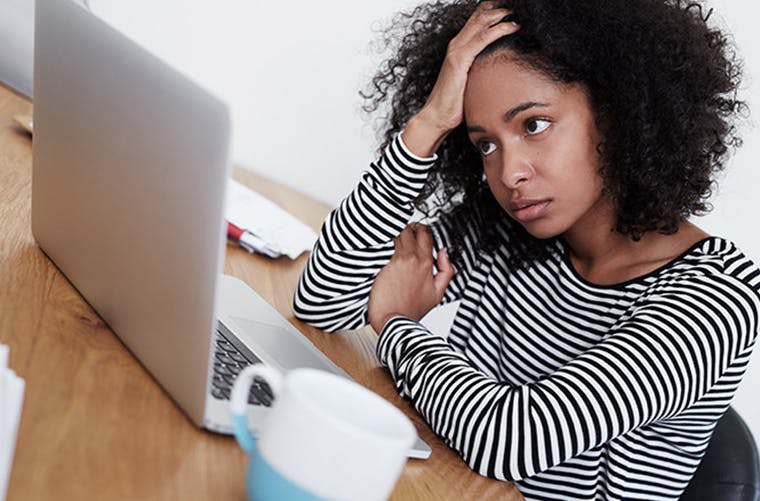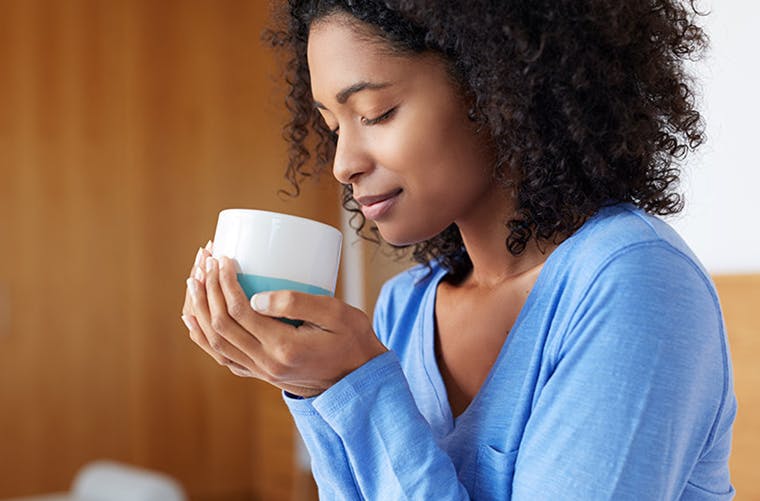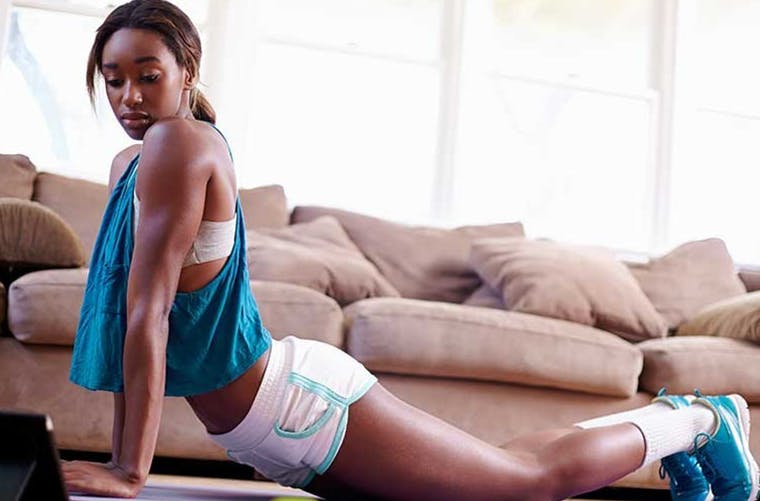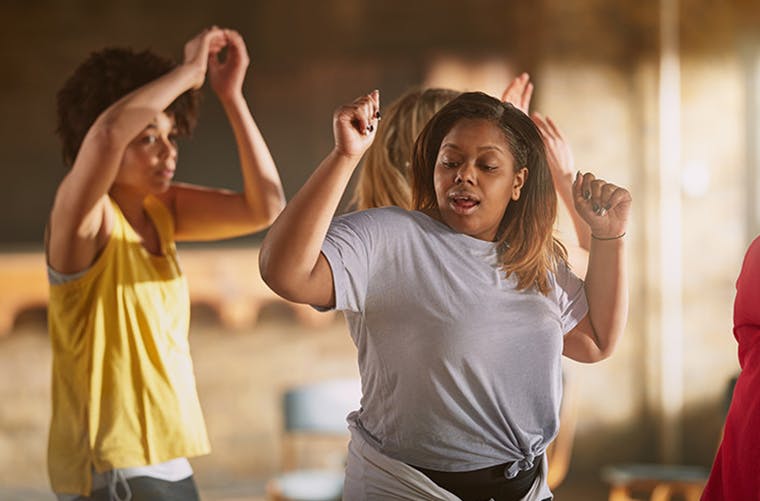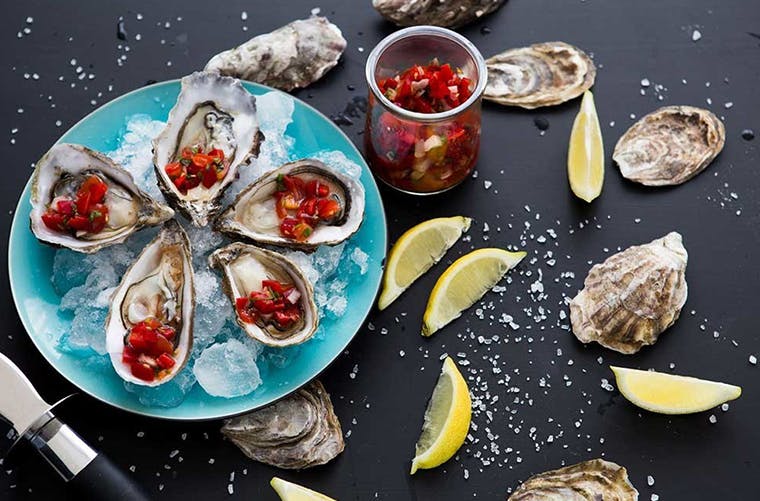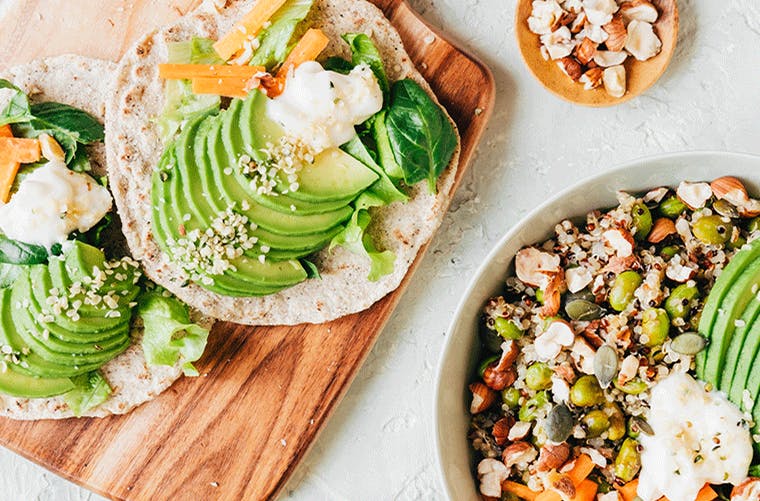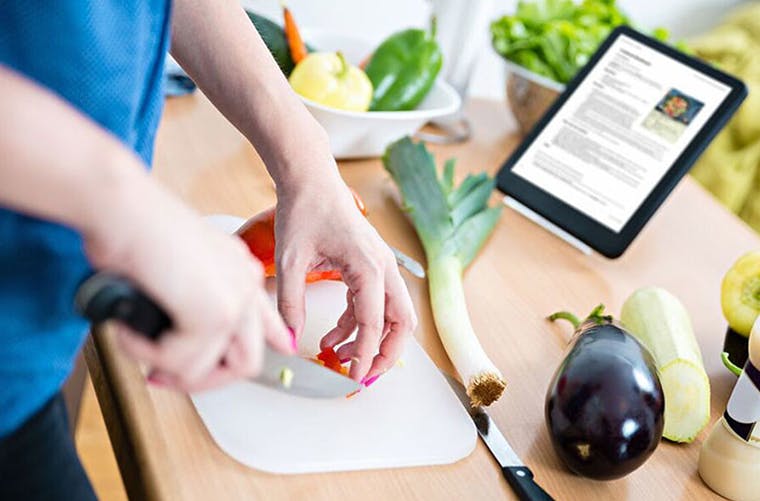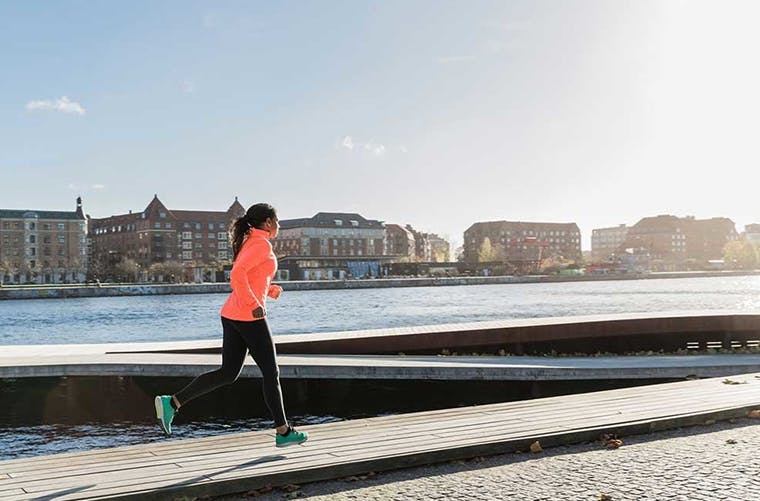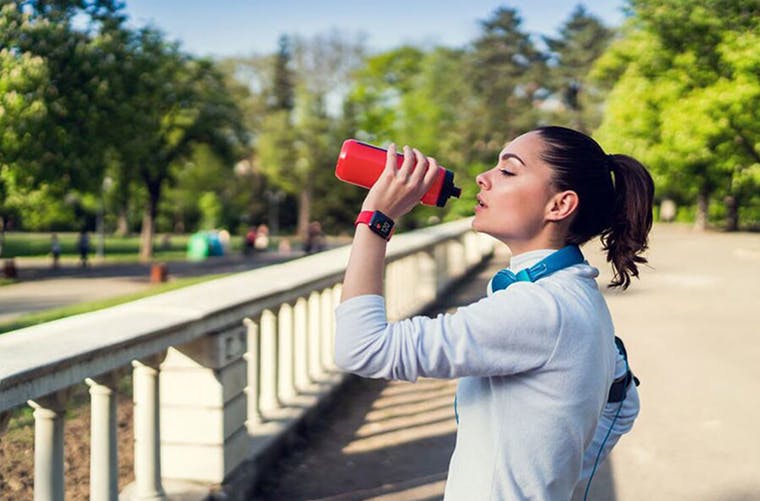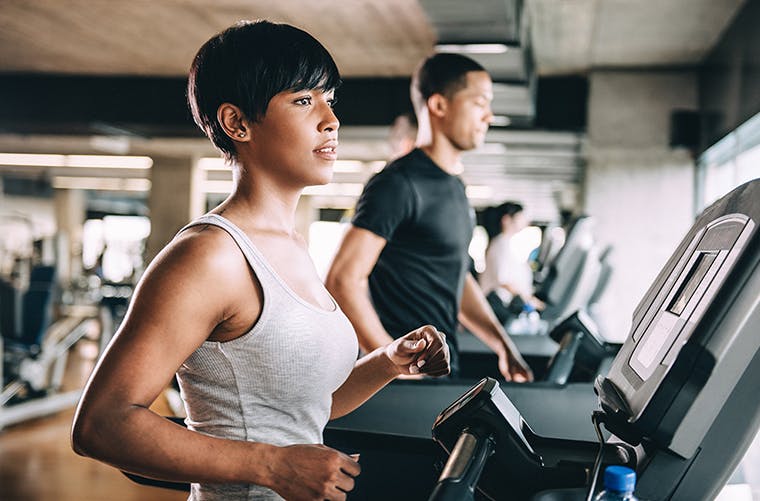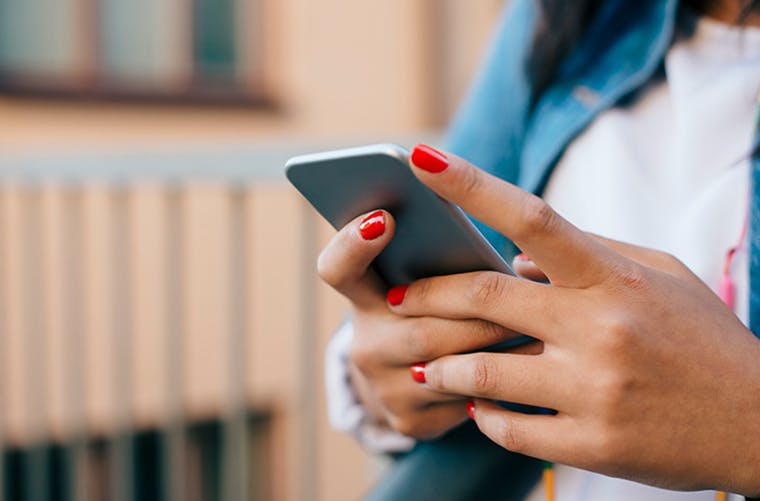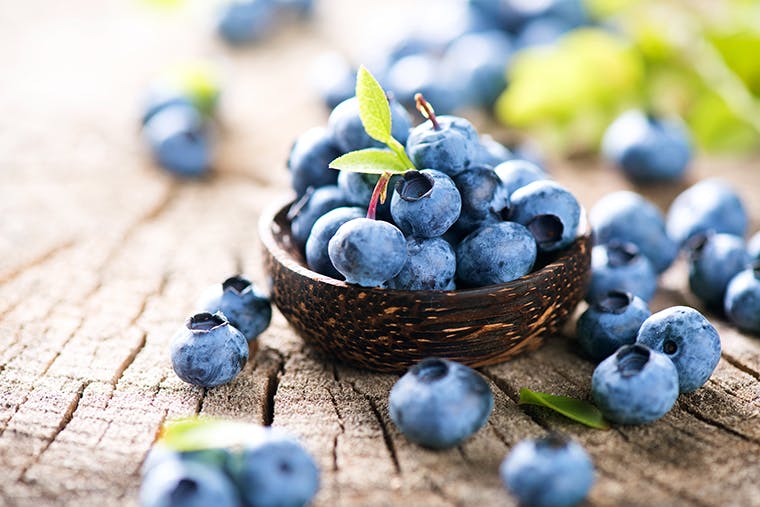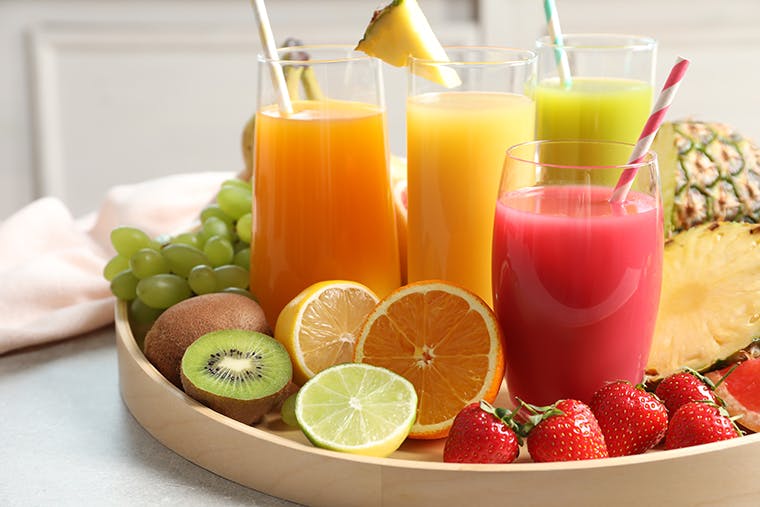Should You Take Vitamin C with Iron?
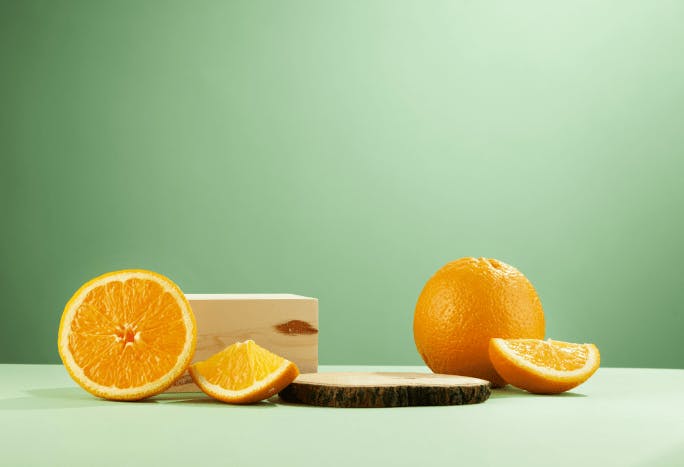
Should you take vitamin C with iron? While some research suggests that taking vitamin C with iron may promote iron absorption, the answer is not a simple yes or no.1,3 Rather, it is a matter of age, diet, sex and other factors.1,3,4
What Is Iron and Why Is It Important?
Iron is an essential mineral that is responsible for several metabolic processes in the body.1 Most notably, iron is crucial for the formation of hemoglobin—a protein in red blood cells that is responsible for transporting oxygen from the lungs throughout the body.1,4
Iron is categorized into two types: heme iron, which is found in animal products like meat, poultry, and fish, and non-heme iron, which is found in plant-based foods like cereal and vegetables.1 Heme iron is more bioavailable (easily absorbed by the body) than non-heme iron.1 Non-heme absorption is greatly dependent on other dietary factors.1
The Relationship Between Iron and Vitamin C, Explained
Vitamin C, also known as ascorbic acid and ascorbate, is involved with the body’s immune system* as it stimulates the activity of white blood cells.2
Vitamin C is often obtained from citrus fruits, like oranges, grapefruit, and kiwi, vegetables, like broccoli, white potatoes and bell peppers as well as dietary supplements.2
Studies have shown that vitamin C can help promote iron absorption in the body for non-heme sources.1,3 Unlike heme iron sources which can be absorbed more easily thanks to their higher bioavailability, vitamin C can assist with the absorption of iron from non-heme (plant-based) sources.1,3 This is because vitamin C works to convert less bioavailable iron (ferric iron) into its more soluble form (ferrous iron) to be absorbed by the body.3
In short: non-heme iron sources should be paired with vitamin C, as it is the sole enhancer of absorption for non-heme iron and vegan and vegetarian diets.1
What Is the Daily Recommended Amount of Iron?
It is important to get adequate iron in your diet.4 Iron deficiency is associated with symptoms like fatigue, gastrointestinal issues and trouble concentrating.4 Groups that are most at risk are pregnant women, women with heavy menstrual bleeding, infants and young children and people who donate blood regularly.4
The amount of iron your body needs daily is dependent on age, sex, and life stage:4
- Adult men from 19 to 50 years should aim for 8 milligrams of iron daily.
- Adult women in that same range should get 18 mg a day.
- The recommended intake is even higher for pregnant women, who should strive for 27 mg of iron a day.
- Lactating women, on the other hand, don’t need as much iron and only require about 9 to 10 mg daily.
- Adults over 51 years of age need 8 mg a day, regardless of sex.
Vegetarians, vegans, or anyone who mostly consumes non-heme sources of iron should consume 1.8x their group's recommended daily intake because the iron in their diet doesn’t absorb as readily.4
How to Ensure You’re Getting Enough Iron in Your Diet
The best way to ensure you get enough iron in your diet is by consuming iron-rich foods.
Common sources of heme iron include:4
- Red meats, like beef, lamb, liver
- Lean meat, like chicken and turkey
- Seafood, like tuna, sardines, and oysters
And sources of non-heme iron are:4
- Grain products like bread, rice, and spaghetti
- Fortified cereals
- Vegetables like spinach, potatoes and broccoli
- Nuts like pistachios and cashews
- Legumes like chickpeas, lentils and kidney beans
If you rely on non-heme sources for iron, ensure that you’re taking vitamin C alongside them, whether that be from food sources rich in vitamin C or supplements like Emergen-C Crystals and Immune Plus Triple Action.* Not only can these supplements provide your daily dose of vitamin C, but they also contain essential minerals like manganese and zinc that can help support your immune system.*
Another common way to get enough iron in your diet is by taking an iron supplement, but it is not recommended without first talking to your doctor. Iron supplements can result in some unpleasant side effects, like nausea and constipation.4
If your doctor recommends a supplement, take iron supplements with food but avoid taking it with sources that may inhibit absorption like dairy products, soy, coffee, wine, and tea.3,4 Always consult your doctor before taking iron supplements and for guidelines on taking them.
*These statements have not been evaluated by the Food and Drug Administration. These products are not intended to diagnose, treat, cure or prevent any disease.
Source Citations:
1. Review on iron and its importance for health. National Library of Medicine. https://www.ncbi.nlm.nih.gov/pmc/articles/PMC3999603/
2. Vitamin C. Harvard T.H. Chan School of Public Health. https://www.hsph.harvard.edu/nutritionsource/vitamin-c/
3. Prediction of dietary absorption: an algorithm for calculating absorption and the bioavailability of dietary iron. The American Journal of Clinical Nutrition. https://ajcn.nutrition.org/article/S0002-9165(23)13553-2/fulltext
4. Iron. Office of Dietary Supplements. https://ods.od.nih.gov/factsheets/iron-HealthProfessional/


